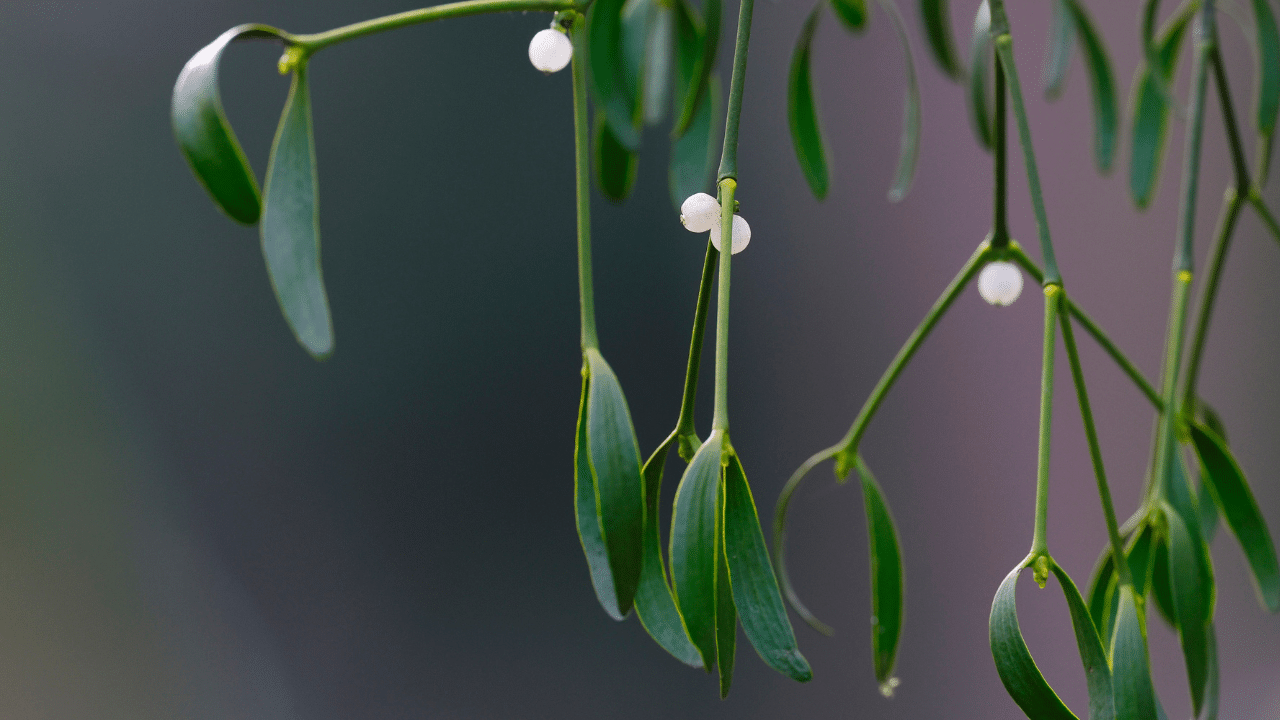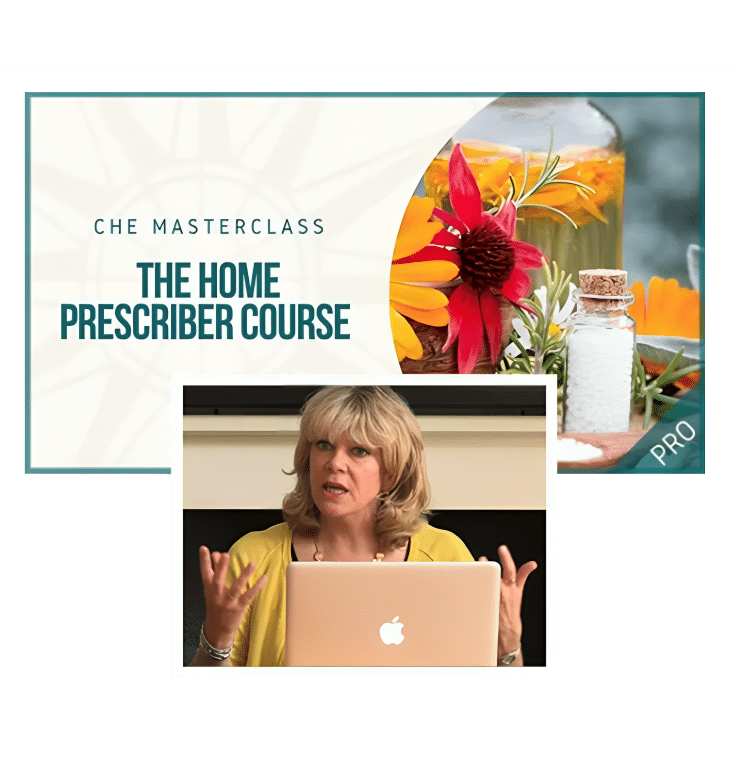
Mistletoe (Viscum album)
Mistletoe (Viscum album) Every Christmas, mistletoe hangs above doorways, inviting a kiss or two. But
Menopause is a natural transition in every woman’s life, but it can bring challenging symptoms for many. While conventional treatments like Hormone Replacement Therapy (HRT) are common, they can come with risks.


Mistletoe (Viscum album) Every Christmas, mistletoe hangs above doorways, inviting a kiss or two. But

Your Guide to Calc Tissue Salts Tissue salts, also known as cell salts or biochemic

Natrum Muriaticum vs Nitric Acid: When Defensive Minds Look Alike In practice, there are moments
